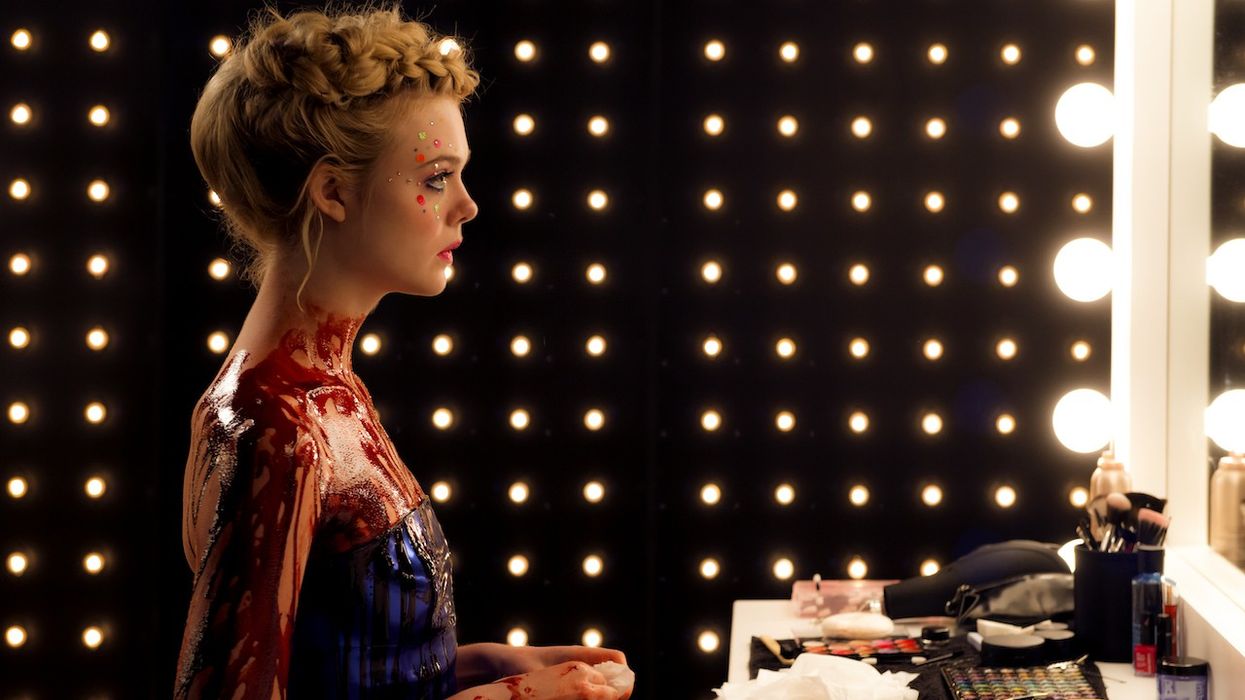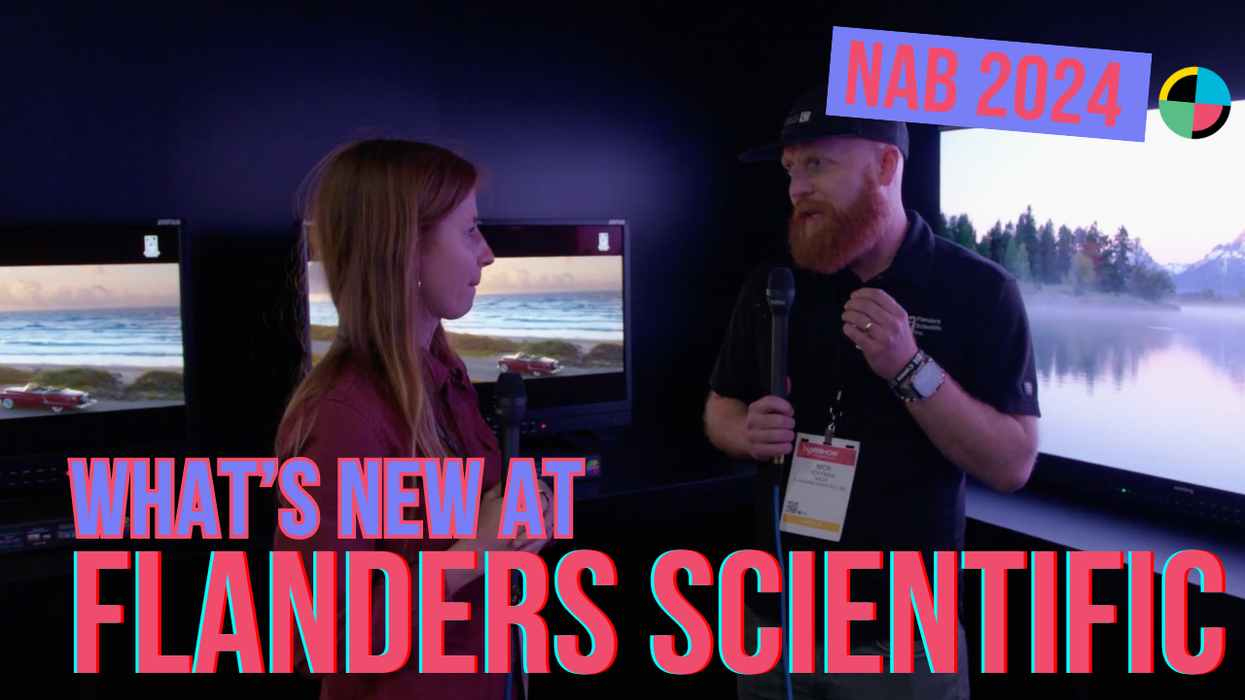Watch: How Nicolas Winding Refn Uses Reflections to Make Us See
This video essay shows how the visually arresting director gleans meaning from reflections.

In movies, the mirror shot can be a trope. More often that not, it's used because it looks cool, rather than because it imbues any narrative significance.
There are occasions, though, when films use mirror shots effectively; in these instances, it's incumbent upon filmmakers to understand why the device works. A new video essay from Jacob T. Swinney shows us how Danish auteur Nicolas Winding Refn employs the mirror shot to its fullest narrative extent:
Of Refn's The Neon Demon, Swinney writes that Jessie's "bombardment by mirrors and reflections" is a prime signifier "of the young model's decent into her superficial world." That might seem a little obvious, until one reflects on just how intensely purposeful the film is in its pursuit of narcissism.
The mirror, for all its ability to show us ourselves, also presents us with a false image.
In fact, the myth of Narcissus was very much on Winding Refn's mind. Natasha Braier, the film's cinematographer, reflected on this: "...to reflect Elle Fanning’s climactic narcissistic moment...we did an abstract representation of going to the pond and looking at her reflection in the triangle. That’s when she’s going to transform into red and go from the Alice In Wonderland girl to the empowered beauty queen. It’s very subtle; it’s done with just light and mirrors...it was a minimalist realization of the Narcissus story."
In Drive, Refn also heavily employs the mirror shot, though to a different end. Ryan Gosling's character frequently views himself in reflections—rearview mirrors, of course, but his image is also seen in the reflection of glass doors and other surfaces. Refn did this to show us that Gosling's character is "constantly burdened by his own reflection." He's trying to be something other than he is, which is a cipher; it's no coincidence that a mask plays so heavy a role in the film, or that the character works as a stuntman. (Refn's use of mirrors has inspired a great deal of interesting commentary, including this theory, which posits that the mirrors in Drive are an homage to Kubrick's mirror systems.)
As humans, we are endlessly fascinated by mirrors. There are psychoanalytic theories on the significance of the mirror to our development. Yet the mirror, for all its ability to show us ourselves, also presents us with a "false image." (This is the reason you hate the way you look in photographs, by the way.) Mirrors present us with a view of ourselves not as we actually appear, but as we think we do. And people consistently prefer the image they see in the mirror, even if that image isn't "real."
Source: Jacob T. Swinney

 No Film School's coverage of
No Film School's coverage of 









